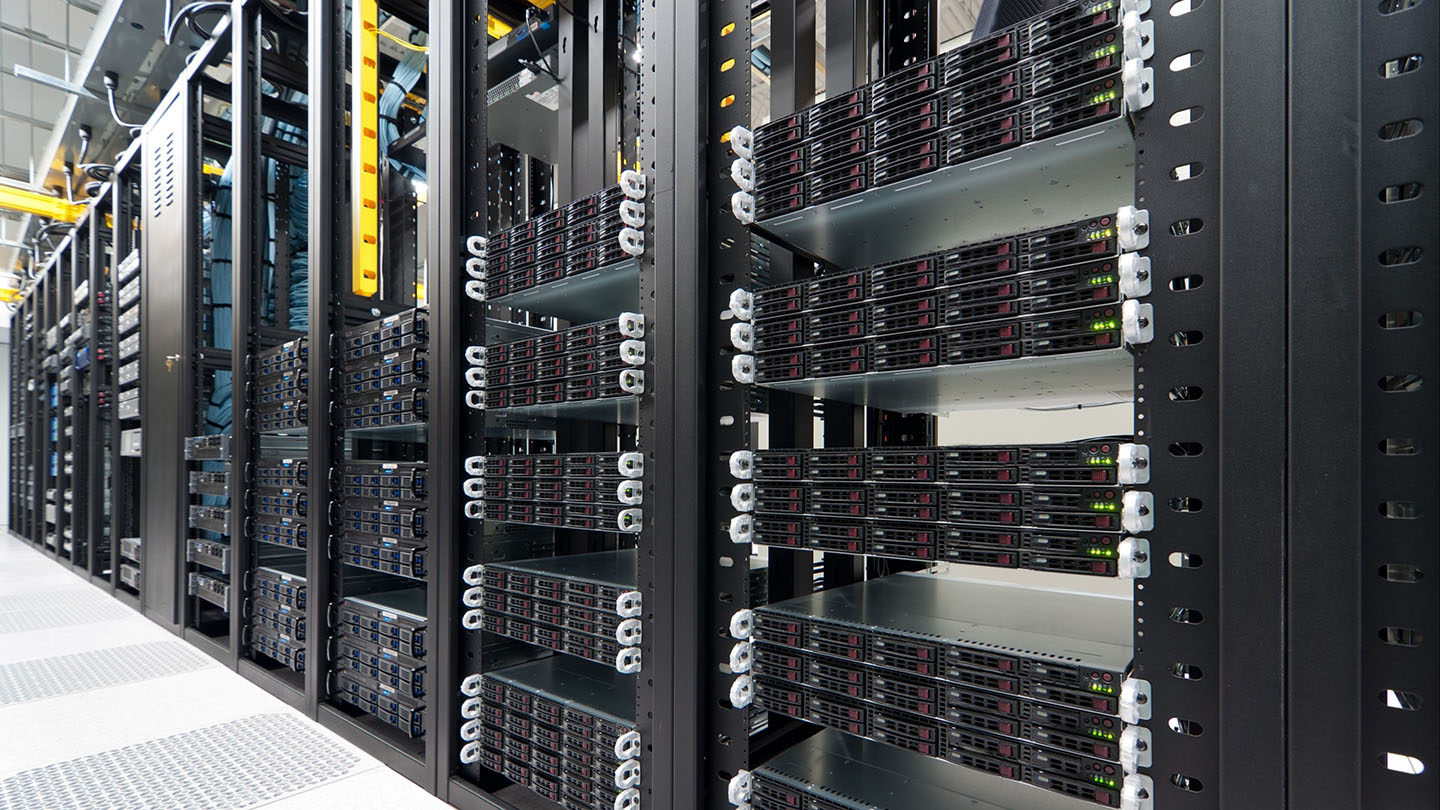
THE Philippines’ plan to attract investment from artificial intelligence (AI), data center, and cloud companies will have to contend with the fact that such investors will thoroughly evaluate the country’s talent base and cyber-security infrastructure, analysts said.
Dominic Vincent D. Ligot, founder of Cirrolytix and AI, technology, and research consultant for the IT and Business Process Association of the Philippines, said that the Philippines will have to improve its value proposition as a tech hub.
“We do not project a strong IT workforce. So, that is probably a deciding factor in their decision to invest,” Mr. Ligot told BusinessWorld, citing the recent investments of Microsoft in Thailand and Indonesia.
“I think we also need to manage our optics in cybersecurity. The recent government hacks don’t paint a mature picture of our resilience,” he added.
He said that AI is based on big data, so the Philippines will have to demonstrate that it is actually capable of keeping data secure.
In a report by Reuters last month, Microsoft said that it will invest $1.7 billion over the next four years in cloud services and AI in Indonesia, with the possibility of building data centers.
Meanwhile, Microsoft announced plans to invest $2.2 billion in Malaysia, which will cover the building of cloud and AI infrastructure, AI skilling opportunities, and the establishment of a National AI Centre of Excellence.
For its part, the Philippines received a commitment from Microsoft involving training for one million Department of Education learners and 100,000 Technical Education and Skills Development Authority female learners in AI and cyber-security skills.
Ronald C. Gustilo, national campaigner for Digital Pinoys, said that the Philippines could be missing out on such investment due to the country’s poor performance in handling internet-based crime.
“The government needs to create an environment more conducive for businesses, such as safe locations, cheaper utility rates, and a stable market,” Mr. Gustilo said.
“The government also needs to resolve or at least implement a clear plan to eradicate or reduce the use of pirated products by tech companies so that the Philippines will become an enticing market for these companies,” he added.
To improve cyber-security, Mr. Ligot said the government should focus on education, engineering, and enforcement.
He called for special education in AI and cyber, on the scale of how Finland trained 1% of its population in AI, and investments in infrastructure and connectivity, which will connect the Philippine islands and improve internet speeds.
He said that the government must enforce progressive laws on AI, which will police abuse and incentivize research and innovation.
Mr. Gustilo concurred, adding that “tech companies like Microsoft would rather prioritize countries that already have a policy on the emerging AI technology.”
Despite the challenges, he said that the Philippines can still be considered for future investments because of the number of tech consumers in the country.
“But the government needs to implement a strong work plan to educate the public on the dangers, risks, and opportunities presented by technology,” he added. — Justine Irish D. Tabile



